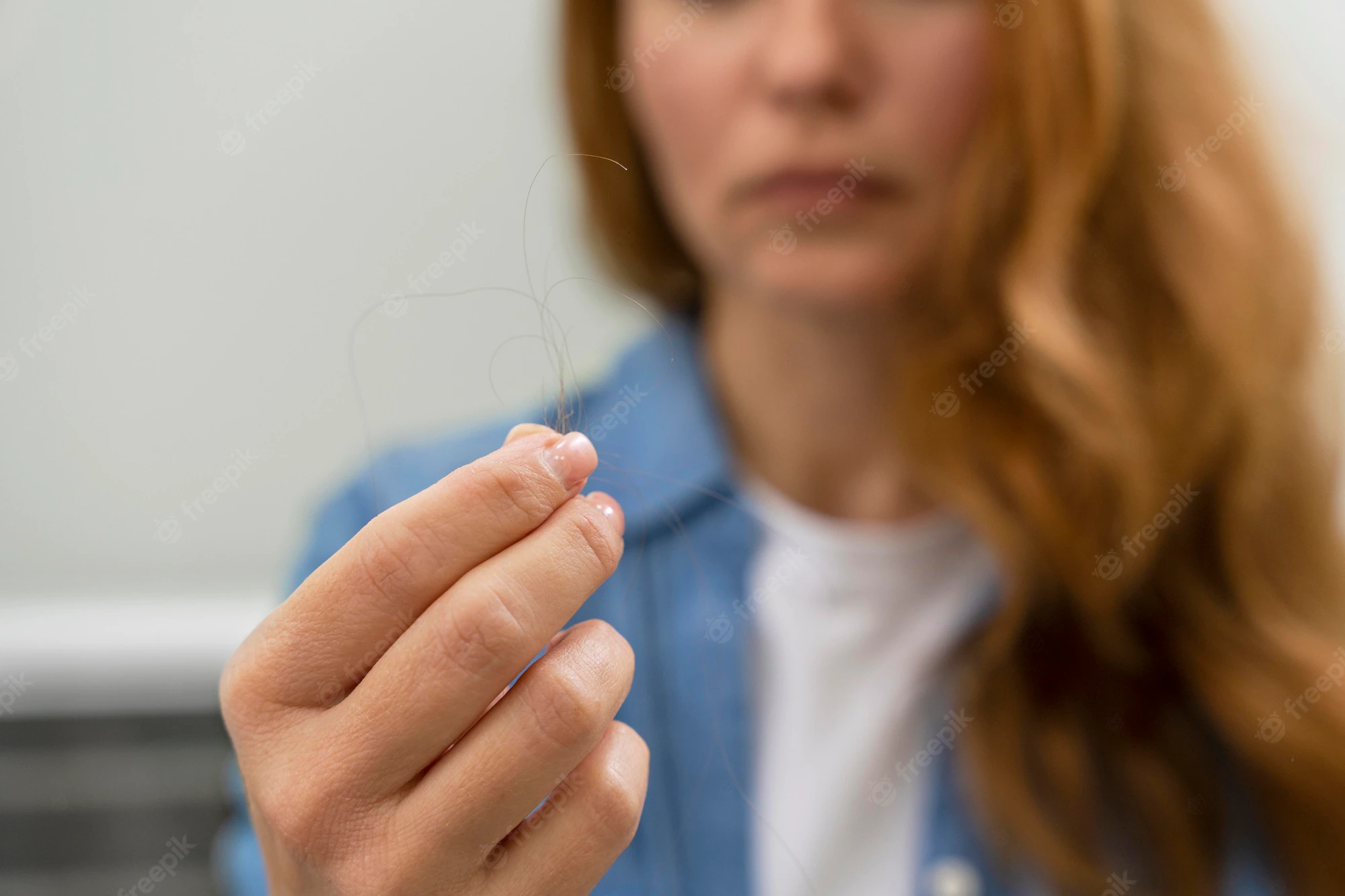
Introduction
Hair loss can be a distressing condition that affects both men and women. While there are various factors that contribute to hair loss, dehydration is one often overlooked culprit. Dehydration occurs when the body lacks an adequate amount of water, leading to a range of health issues, including hair loss. In this article, we will explore strategies and solutions to reverse dehydration-induced hair loss.
Understanding Dehydration-Induced Hair Loss
Dehydration affects the overall health of our bodies, including the health of our hair follicles. When the body lacks sufficient hydration, it diverts water to essential organs, leaving the hair follicles deprived of moisture. This can lead to weakened hair shafts, brittle strands, and eventually hair loss. Additionally, dehydration can disrupt the natural hair growth cycle, further exacerbating the problem.
Subheading 1: Hydration is Key
The most effective way to reverse dehydration-induced hair loss is to prioritize hydration. Ensuring that you consume an adequate amount of water each day is crucial. The general recommendation is to drink at least eight glasses (64 ounces) of water per day. However, individual hydration needs may vary based on factors such as body weight, activity level, and climate. It’s important to listen to your body and adjust your water intake accordingly.
Subheading 2: Balanced Diet for Healthy Hair
A well-balanced diet plays a vital role in maintaining healthy hair. Incorporating foods rich in vitamins, minerals, and essential nutrients can help combat dehydration-induced hair loss. Some key nutrients that promote hair health include:
- Omega-3 fatty acids: Found in foods like fatty fish, walnuts, and chia seeds, omega-3 fatty acids nourish the scalp and strengthen hair follicles.
- Biotin: Foods such as eggs, nuts, and whole grains are excellent sources of biotin, a B-vitamin that promotes hair growth and scalp health.
- Vitamin C: Citrus fruits, berries, and leafy greens provide ample vitamin C, which aids in collagen production and strengthens hair strands.
- Iron: Incorporate iron-rich foods like lean meats, spinach, and legumes into your diet to prevent iron deficiency, which can contribute to hair loss.
Subheading 3: Avoid Overexposure to Harsh Elements
Excessive exposure to harsh elements can worsen dehydration-induced hair loss. Protecting your hair from environmental stressors is essential. Here are a few tips:
- Sun protection: Shield your hair from harmful UV rays by wearing a hat or using hair products that contain SPF.
- Heat styling precautions: Limit the use of heat styling tools like flat irons and curling wands, as they can strip moisture from your hair. When using heat, always apply a heat protectant spray.
- Chlorine and saltwater: Rinse your hair with fresh water before swimming in chlorinated or saltwater to minimize damage. Afterward, thoroughly wash and condition your hair to remove any residual chemicals.
Subheading 4: Haircare Routine and Moisturization
Adopting a haircare routine that focuses on moisturization can greatly aid in reversing dehydration-induced hair loss. Consider the following practices:
- Gentle cleansing: Opt for mild, sulfate-free shampoos that won’t strip your hair of its natural oils. Wash your hair no more than every other day to maintain its moisture balance.
- Condition regularly: Use a nourishing conditioner after each wash to replenish moisture and prevent dryness. Consider deep conditioning treatments or hair masks once or twice a week for an added hydration boost.
- Scalp massage: Regularly massage your scalp with gentle circular motions to stimulate blood circulation and promote hair growth.
Conclusion
Reversing dehydration-induced hair loss requires a holistic approach that addresses hydration, nutrition, protection, and proper haircare. By prioritizing hydration, adopting a balanced diet, protecting your hair from harsh elements, and following a moisturizing haircare routine, you can effectively combat dehydration-induced hair loss. Remember, consistency and patience are key, as it may take some time for visible improvements to occur. If hair loss persists despite these efforts, it is advisable to consult a healthcare professional or a dermatologist for further evaluation and guidance.













